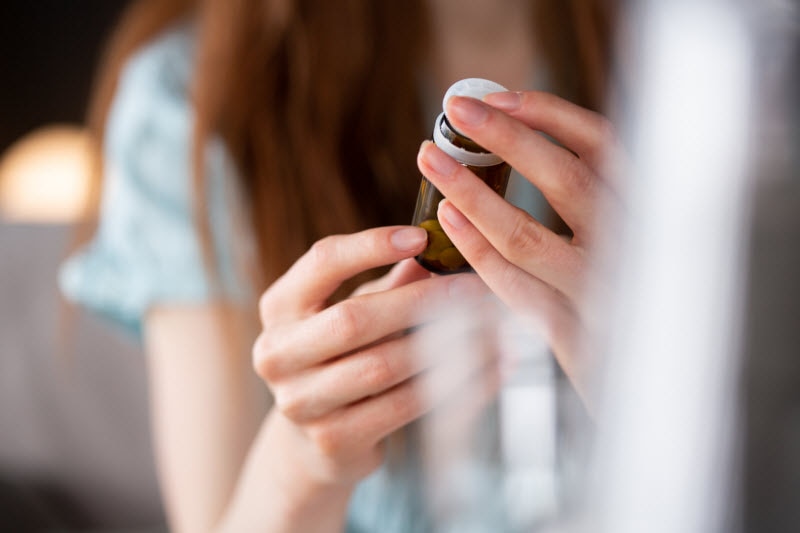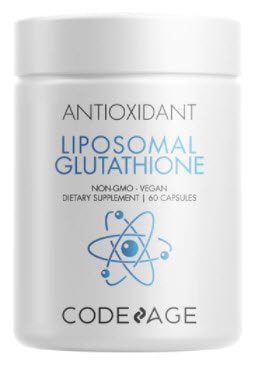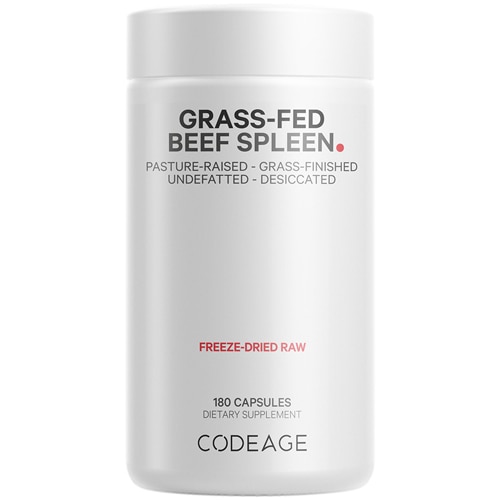Glutathione is an essential molecule in the body produced in the nerve cells of the central nervous system (CNS) and liver. It’s made of three amino acids, l-glutamate, glycine and l-cystine. In the body, glutathione helps break down nutrients in food such as carbohydrates, fats and proteins. It also regulates immune response and functions as an antioxidant, helping to protect against oxidative stress.
 Benefits of glutathione for exercise performance
Benefits of glutathione for exercise performance
During
exercise, glutathione is used to help muscles contract. It is involved in aerobic energy metabolism, meaning it allows your body to turn nutrients into energy (specifically lipids, amino acids and carbohydrates).
Glutathione’s role in energy
metabolism means that with low levels, you may not have as much energy to get through your workouts, affecting your performance and recovery.
Research shows that supplementing with glutathione can support athletic performance and physical conditioning.
†
Additionally, if you perform long bouts of exercise or participate in new forms or intensities of your workouts, oxidative stress may be an issue for you. Having enough glutathione -- an antioxidant that helps combat oxidative stress -- is a way to protect your body at a cellular level from potential damage caused by exercise-induced free radicals.
†
Keep in mind, too, that exercise – which is a stressor on the body – may deplete your body’s stores of glutathione. While exercise is a healthy form of physical stress, active individuals often need increased amounts of some nutrients to support the body’s overall well-being.
How to maintain healthy glutathione levels
The good news is that there are several things you can do to ensure your glutathione levels are healthy.
Limit alcohol
Alcohol consumption isn’t necessarily all bad, but it can contribute to the body’s toxic load, requiring glutathione to work overtime. Keeping a limit on your alcohol consumption can help prevent the need for more glutathione than your body can keep up with.
Reduce exposure to POPs
POPs are
persistent organic pollutants present in conventionally grown foods due to pesticides, plant disease control and crop production. They are also created by burning trash, either by industrial means or in your backyard.
Include sulfur-rich foods
Foods rich in sulfur help to boost glutathione levels in your body. This effect is likely due to the sulfur molecules found in glutathione. Foods to eat are:
- Broccoli, Brussels sprouts, bok choy, cauliflower, arugula, cabbage, collard greens and other cruciferous vegetables
- Garlic, onions, leeks, chives and other alliums
- Chickpeas, beans, peanuts, peas, lentils and other legumes
- Almonds, walnuts, pecans, cashews and other nuts
- Fish, chicken and other lean protein sources
Get better sleep
Lack of sleep quantity and quality could affect your levels of glutathione. Practicing sleep hygiene with a solid bedtime routine that gets you ready to sleep while also reducing stress is a good idea. Try to get to bed and wake up at the same time each day, avoid screens and bright light an hour or two before bed, and keep your room cool and dark.
Try a glutathione supplement
Some supplements can help support glutathione levels. It’s important to note that when supplementing directly with glutathione, the optimal method is either through liposomal delivery or IV.
Here are a few supplements that can help:
†These statements have not been approved by the Food and Drug Administration. These products are not intended to diagnose, treat, cure or prevent disease.
Featured Product

 Benefits of glutathione for exercise performance
Benefits of glutathione for exercise performance



